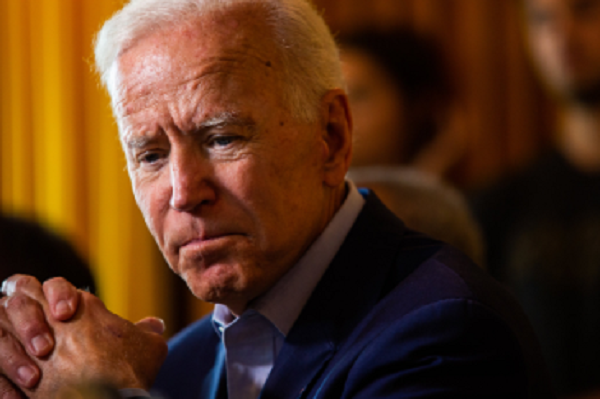The Supreme Court’s recent ruling on Friday significantly limits the authority of the administrative state, with the Environmental Protection Agency (EPA) and the Biden climate agenda facing significant setbacks. In a 6-3 decision, the highest court in the country overturned a legal doctrine that empowers unelected bureaucrats, as seen in the case of Loper Bright Enterprises v. Raimondo.
This decision to reject the Chevron deference doctrine will have far-reaching consequences for key regulations of the Biden EPA and its future operations, as highlighted by environmental law experts and former EPA officials interviewed by the Daily Caller News Foundation. The shift in legal framework may pose challenges for prominent Biden EPA regulations, including those aimed at reducing power plant emissions and implementing stringent tailpipe standards to promote electric vehicles in the American auto market in the coming years.
Previously a cornerstone of administrative law, Chevron deference dictated that courts should generally defer to federal agencies’ interpretations of ambiguous statutes, as explained by Brownstein Hyatt Farber Schreck LLP.
In the majority opinion, Chief Justice John Roberts wrote that “Chevron is overruled” and that “courts must exercise their independent judgment in deciding whether an agency has acted within its statutory authority, as the [Administrative Procedure Act (APA)] requires.”
“Chevron is overruled,” Chief Justice John Roberts wrote. “Courts must exercise their independent judgment in deciding whether an agency has acted within its statutory authority, as the [Administrative Procedure Act] requires.”@DailyCaller https://t.co/xVnEjDV2Xm
— Katelynn Richardson (@katesrichardson) June 28, 2024
“The era of ‘trust the experts’ is over,” Mandy Gunasekara, who served as EPA chief of staff during the Trump administration, told the DCNF. “There’s no doubt that crafty administrative lawyers will try to find an end run around this ruling. But overturning Chevron deference, alongside the ‘major questions’ doctrine decision in West Virginia v. EPA, has defanged the deep state. This is a huge win for checks and balances and putting the faceless bureaucrats in their place.”






